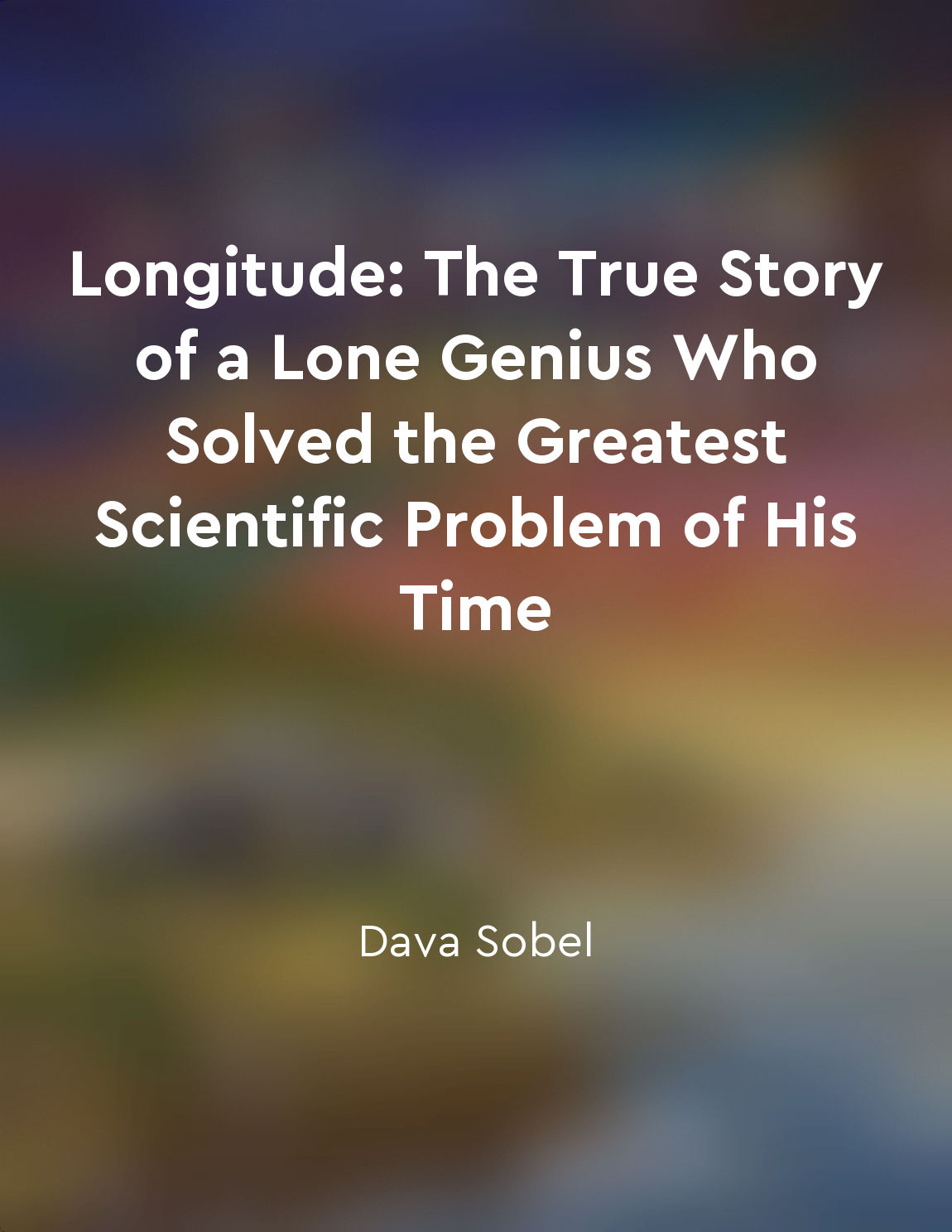Copernicus proposed a heliocentric model from "summary" of To Explain the World by Steven Weinberg
In the sixteenth century, Nicolaus Copernicus put forward the revolutionary idea that the Earth is not the center of the universe. According to his heliocentric model, the Sun lies at the center of the solar system, with the Earth and other planets revolving around it in circular orbits. This proposal challenged the prevailing geocentric view, which held that the Earth was stationary at the center of the cosmos, with all celestial bodies moving around it. Copernicus's heliocentric model was a significant departure from traditional beliefs about the structure of the universe. By placing the Sun at the center, he sought to explain the observed motions of the planets more simply and elegantly than the complicated system of epicycles used in the geocentric model. Instead of needing separate sets of motions for each planet, the heliocentric model posited a single system in which all planets moved around the Sun in a harmonious dance. Despite its groundbreaking nature, Copernicus's heliocentric model was met with skepticism and resistance from many quarters. The idea of a moving Earth contradicted the teachings of established authorities, such as the Catholic Church, which maintained a geocentric view based on interpretations of ancient Greek and Roman texts. Copernicus himself hesitated to publish his work for fear of backlash from religious and academic circles. However, over time, Copernicus's heliocentric model gained acceptance and paved the way for the scientific revolution of the seventeenth century. Astronomers such as Johannes Kepler and Galileo Galilei built upon his ideas, refining the heliocentric model and providing further evidence for its validity. By challenging entrenched beliefs and encouraging a more empirical approach to understanding the natural world, Copernicus's work laid the foundation for modern astronomy and physics.Similar Posts
He was known for his humility and modesty
Albert Einstein's reputation extended far beyond his groundbreaking scientific discoveries. He was admired for his simplicity a...

Human beings are storytelling animals
Human beings are unique in their ability to communicate through complex language. This ability allows us to convey not just inf...

Harrison's struggle for recognition
Harrison's struggle for recognition was a long and arduous journey marked by setbacks and disappointments. Despite creating a r...

Longitude Act of 1714
In 1714, the British Parliament passed an act that offered a substantial reward for anyone who could solve the problem of deter...
